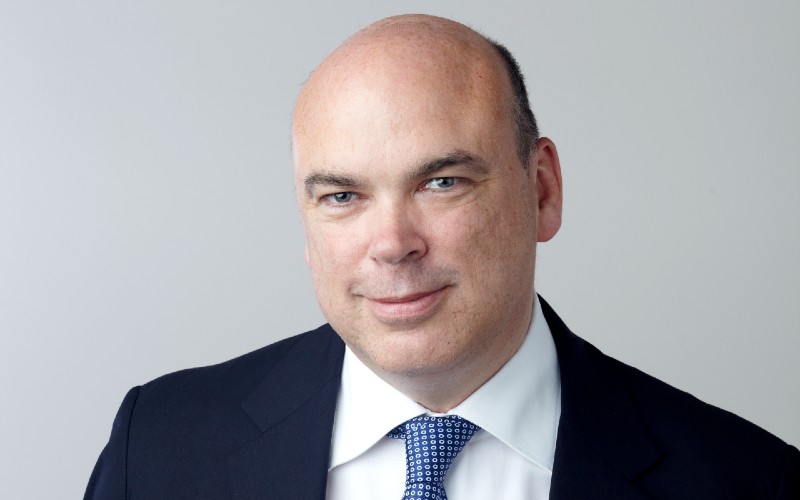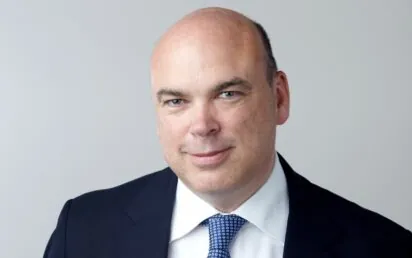Cleared UK tech tycoon Mike Lynch feared he would die in jail if he had been convicted of fraud in a high-profile trial in the United States.
Lynch fought extradition to the US for two years after he was first charged with fraud over the 2011 sale of his business Autonomy to Hewlett-Packard for $11.1 billion in 2018. He is now calling for an overhaul of extradition law.
The former UK government adviser – who also sat on the boards of the BBC and the British Library – was accused of inflating sales and misleading regulators as well as HP, which wrote down the value of Autonomy by $8.8bn soon after the deal went through.
Lynch, who had faced 16 counts of fraud – and a potential 20 years behind bars – went on trial in March in San Francisco. One charge of securities fraud was dropped after the trial began and Lynch was acquitted of the other 15 charges last month.
Stephen Chamberlain, an executive who worked in the finance team at Autonomy, was also found not guilty on the same charges.
In his first interview since his acquittal, the father-of-two – who has a lung condition – told the Sunday Times: “I have various medical things that would have made it very difficult to survive.
“I’d had to say goodbye to everything and everyone, because I didn’t know if I’d ever be coming back.
“If this had gone the wrong way, it would have been the end of life as I have known it in any sense.”
AI chip specialist Fractile exits stealth with £12m seed funding
Lynch founded Autonomy in Cambridge in 1996. Its software was designed to extract information from unstructured communications including phone calls, emails and video.
US prosecutors had accused him of inflating its value using backdated sales agreements, hiding its loss-making hardware resale business and intimidating – or paying off – those who spoke out about the practices.
However the jury did not agree with them that Lynch was the “driving force” behind the accounting improprieties.
Chief financial officer Sushovan Hussain was found guilty of fraud in 2018 and later sentenced to five years in prison.
After his extradition, Lynch was ordered by a court to pay a $100m bond and put under house arrest with a 24-hour armed guard.
“It has to be wrong that a US prosecutor has more power over a British citizen living in England than the UK police do,” he said of the extradition treaty between the UK and US.
He said he is keen to fund a British equivalent of US nonprofit Innocence Project, set up to fight for the freedom of people it believes have been wrongfully convicted.
“The system can sweep individuals away,” he said. “There needs to be a contrarian possibility that’s saying: ‘Right, well, the whole world thinks you’re guilty but, actually, was that a fair conviction?’”
In 2022 a UK high court judge ruled that Lynch had defrauded HP following a six-year civil case. Mr Justice Hildyard is yet to rule on HP’s claim for $4bn in damages but said the amount he awards will be much lower.
Lynch, who received an OBE for services to enterprise in 2006, said he intends to appeal the ruling.


